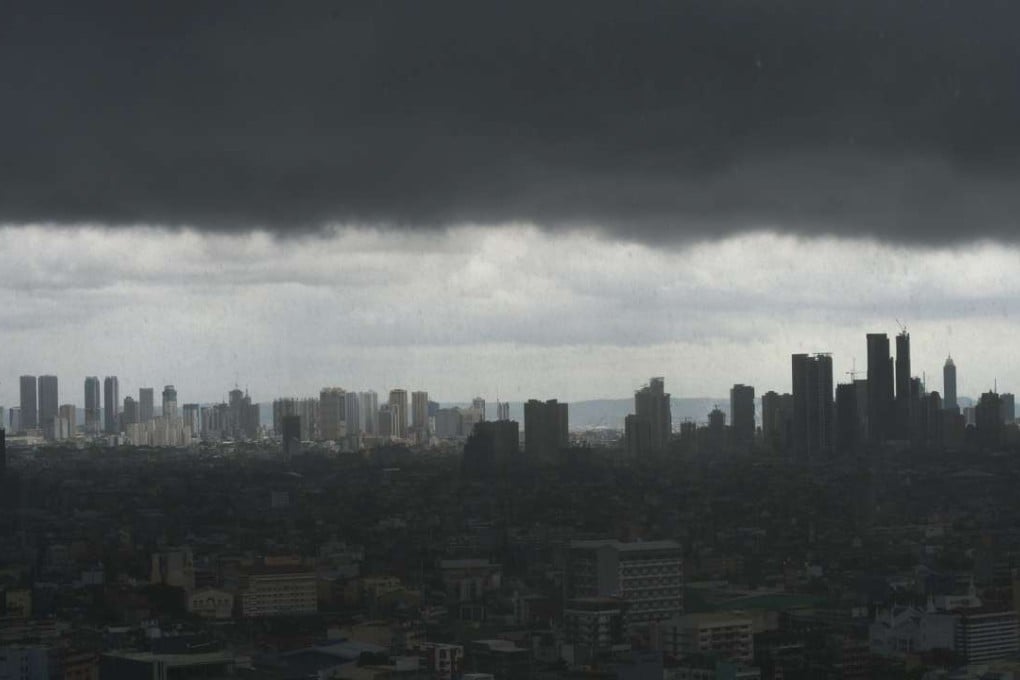Back To The Future | What Hong Kong has to learn from the rise and fall of Manila
From Istanbul to Aleppo and Venice, history is awash with trading hubs left behind by shifts in global economics and politics – could Hong Kong be next?

The world had entered an age of prosperity. Wondrous discoveries were being made in America every year. Europe was flush with easy money. China, the factory of the world, had been doubling its exports every other decade.
New trade routes – the fabled Silk Road and Silver Belt – were binding the world economy ever closer. One Asian city served as the linchpin of this emerging global network. A colony found by Europeans and run by an Asian elite, it was where East met West. Everyday in its port, caravels carrying exotic goods from the New World jostled with junks filled with prized products from China for a mooring spot. More money changed hands at its clearing house than anywhere else. Before Singapore, before Hong Kong, Manila was the undisputed centre of commerce in Asia Pacific.
More Chow Chung-yan: The C-word: why Hong Kong localists have offended all Chinese
Founded by Spanish conquistadors in 1571, the outpost quickly became a major metropolis that linked Asia with America. Manila hit the jackpot of history, so to speak, as the world was just about to witness the first wave of global trade.
Just two decades earlier, the Spanish colonisers in Peru had stumbled upon Cerro Rico – literally the “rich mountain” – that holds the world’s largest silver depots. Over the next century, Cerro Rico produced 60 per cent of all the silver mined in the world. Europe became flush with Peruvian fortune and the value of silver went over the cliff.
More Chow Chung-yan: The grain of truth about state monopolies that will haunt Hong Kong’s next leader
Across the Pacific, Ming China was growing again after decades of internal strife. Ironically, the world’s largest economy was struggling with a “money shortage” problem. For millennia, China had been using silver as the medium of exchange but its exhausted silver mines could no longer keep up with its economic expansion. In modern language, China was experiencing a credit crunch.
